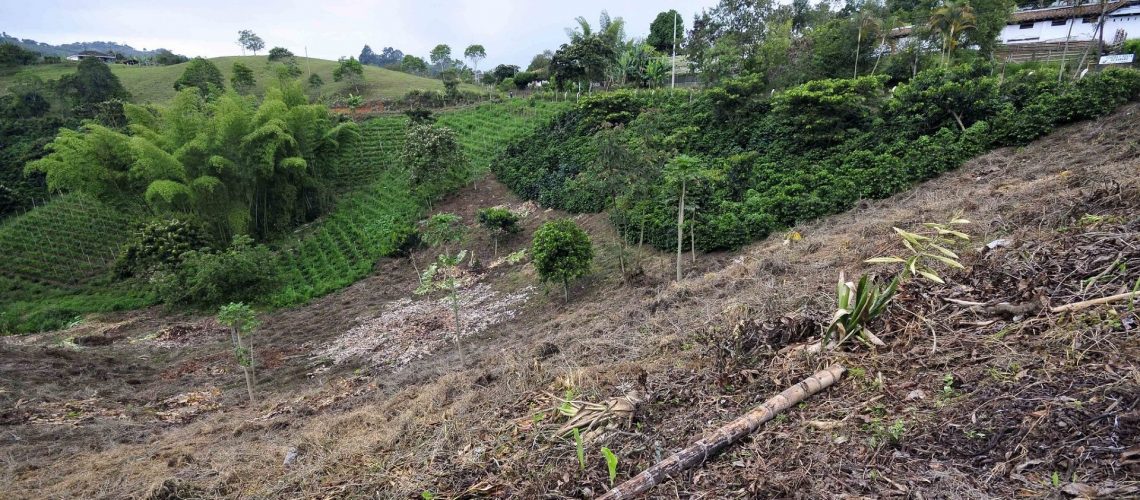The European Union Regulation on Deforestation-free products (EUDR) was adopted to ban imports of several key commodities such as palm oil, soy, timber, beef, rubber, but also cocoa and coffee, if they are produced from land deforested after 2020.
The new regulation will require importing companies to demonstrate “due diligence” and prove, via crop geolocation data that can be combined with satellite photos, that products do not come from deforested or degraded land. Implementation is expected to begin in January 2025 for large companies and six months later for small companies.
Certifications such as Fairtrade International and Rainforest Alliance face a number of challenges in adapting to the requirements of the EUDR, particularly in relation to traceability. Here are some examples of how they are preparing.
Fairtrade International new coffee standard
Fairtrade International has updated its coffee standard to help producers meet the requirements of the EUDR. The updated standard will come into force in 2026, giving producers and traders a transitional period to adapt their practices.
Under this standard and in line with the EUDR, all farms must have registered geolocation points and farms larger than 4 hectares must have polygonal maps showing parcel boundaries. “The EUDR requires geolocation data, but the Fairtrade standard goes further by requiring producer organizations to collect this information, and payers and conveyors to report it to Fairtrade and also share this with the producer organizations to prevent deforestation,” Fairtrade International explained in its February announcement. The aim is for cooperatives to be the owners of their data, which is not always the case.
Furthermore, coffee cooperatives must develop a prevention and mitigation plan and conduct deforestation monitoring facilitated by a satellite platform provided by Fairtrade. For the latter, Fairtrade has partnered with Satelligence, a Dutch NatureTech company specialising in deforestation tracking, to provide data and risk identification support to producer organisations. The deforestation cut-off date is set at January 1, 2014, which is earlier than the EUDR cut-off date of December 31, 2020. This means that no coffee sourced from land deforested after 1 January 2014 can be considered Fairtrade certified.
The updated standard also requires a biodiversity monitoring and management plan, which goes beyond EUDR requirements. The aim is to reduce environmental degradation and help smallholders adapt to climate change.
By implementing these measures, Fairtrade aims to support the 600 Fairtrade coffee cooperatives, representing 870,000 farmers cultivating 1.1 million hectares, in meeting the EUDR requirements and promoting sustainable coffee production.
Rainforest Alliance
The Rainforest Alliance’s certification programme is rapidly making adjustments to ensure that its systems and tools support the needs of EUDR. For example, farmers can choose specific criteria in the Rainforest Alliance Certification Platform (RACP) that are aligned with EUDR requirements. If they make this choice, they will no longer be able to use the ‘minor conversion’ allowance for land use after the EUDR cut-off date.
By 30 December 2024, stakeholders in the Rainforest Alliance certified cocoa and coffee supply chain will have access to a comprehensive platform to identify and verify farm certificate holders who have chosen to align with the EUDR criteria in the RACP. Those stakeholders include producers, importers, manufacturers, brands and retailers sourcing through Identity Preserved or Mixed Identity Preserved supply chains*.
To prepare for the deadline, companies should prioritise Identity Preserved audits, encourage their farm suppliers to self-select EUDR aligned requirements in the RACP and facilitate the collection of farm level geospatial data.


